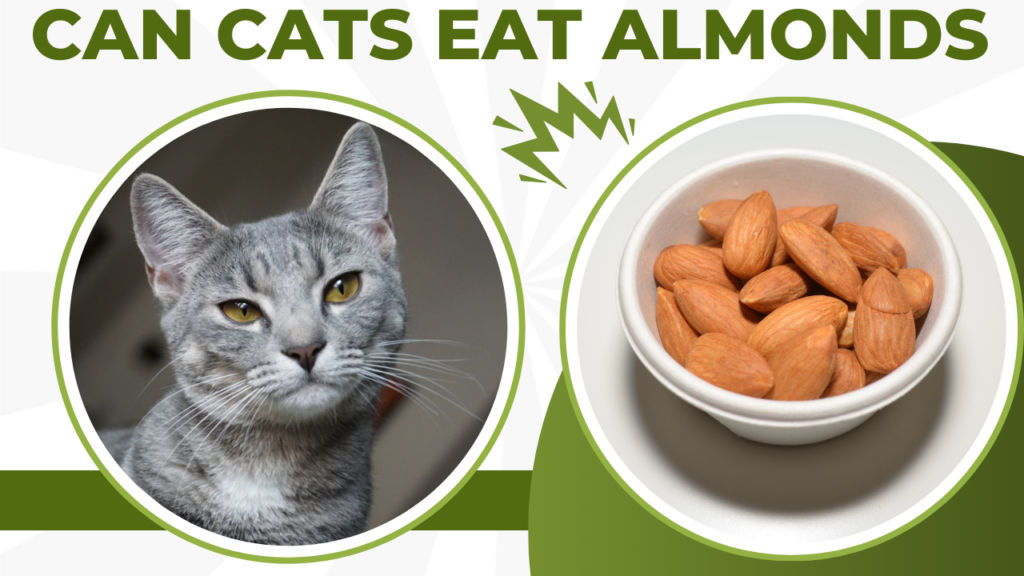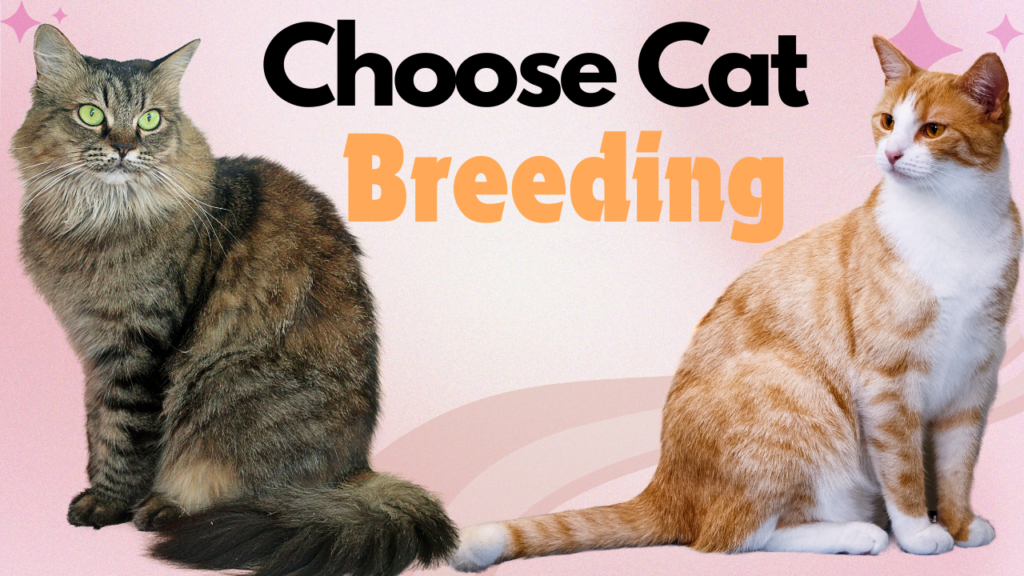Cats are curious creatures, often interested in what we humans are eating. While some cat owners may wonder if their feline friends can enjoy almonds as a snack, the answer is more complex than a simple yes or no. In this article, we explore whether cats can safely consume almonds, the potential health risks and benefits, and what to do if your cat has already ingested an almond.
Understanding the Feline Diet: Why Cats Are Different
cat are obligate carnivores,which means their diet should mainly consist of animal-based foods. Their digestive systems are not well-adapted to process plant matter, which is a significant reason why many human foods may not suit them. Cats have specific dietary requirements, including high-quality protein, certain essential fatty acids, vitamins, and amino acids like taurine, which are abundant in meat but not in most plant foods.
Almonds, as a plant-based food, may provide little nutritional benefit for cats. Even though they are a nutritious snack for humans, containing healthy fats, fiber, and vitamins, these nutrients don’t hold the same value for felines. For this reason, almonds are generally not recommended for cats.
The Risks of Almonds for Cats
1. Choking Hazard and Digestive Obstructions
almonds are hard and can be a choking risk, particularly for smaller animals such as cats. Since cats are not accustomed to chewing or digesting nuts, an almond could potentially become lodged in their throat or digestive tract. This risk is particularly concerning if the almond is whole, as it may be difficult for a cat to break it down and swallow safely.
2. High Fat Content and Pancreatitis
Almonds are high in fat, which could upset a cat’s digestive system. Cats are sensitive to fats, and consuming too much of it can lead to an upset stomach, diarrhea, or even a more serious condition called pancreatitis, an inflammation of the pancreas. Pancreatitis can cause symptoms such as vomiting, lethargy, abdominal pain, and loss of appetite, and may require veterinary intervention.
3. Toxic Compounds in Almonds
certain varieties of almonds,especially bitter almonds, contain cyanogenic glycosiders. These compounds can produce cyanide when metabolized, which is toxic to both cats and humans. While sweet almonds, the type commonly found in stores, contain very low levels of these compounds, it’s still a risk not worth taking.
Even though a single sweet almond may not be fatal for a cat, consuming multiple almonds could lead to mild toxicity, resulting in symptoms like upset stomach, vomiting, and lethargy.
4. Added Salt and Seasonings
Many almonds sold commercially are salted, roasted, or flavored with additional seasonings that are harmful to cats. Salt can lead to sodium ion poisoning, causing symptoms such as excessive thirst, vomiting, diarrhea, tremors, and even seizures. Some almonds may also be coated with chocolate, onion powder, or other toxic ingredients for cats. Plain, unsalted almonds are less dangerous but still not recommended for your feline companion.
Potential Health Benefits of Almonds (for Humans, Not Cats)
Almonds provide a wealth of vitamin E, magnesium, and beneficial fats. They support heart health, improve cognitive function, and help with managing weight and blood sugar levels in humans. However, the nutritional profile of almonds offers limited benefits to cats. Cats need animal-based proteins and specific nutrients like taurine, which are not found in almonds. While almonds may benefit human health, the nutrients in them are neither essential nor particularly useful for cats.

What to Do If Your Cat Eats an Almond
If your cat accidentally consumes a single almond, it is unlikely to cause serious harm..it’s essential to watch your cat for any signs of discomfort, like vomiting, diarrhea, or unusual lethargy. In most cases, the almond may pass through their system without issue.here’s a detailed, step-by-step guide to help you manage the situation.
- Stay Calm and Observe: Most single-almond ingestions result in minor or no symptoms at all.keep an eye on your cat for any abnormal behavior or signs of digestive issues
- Check for Seasonings: If the almond was salted, spiced, or coated with other substances, it’s best to call your veterinarian to discuss any potential risks.
- Monitor for Symptoms: If you notice any signs of discomfort, vomiting, diarrhea, or other digestive issues, seek veterinary advice immediately.
- Seek Veterinary Attention if Necessary: For larger ingestions or if symptoms develop, contacting a veterinarian is always the safest course of action.
Safe Treat Alternatives for Cats
Cats have different dietary needs than humans and therefore thrive best on animal-based treats that provide essential nutrients. Below are some cat-safe treat options that can be a better alternative to almonds:
1. Freeze-Dried Meat Treats
Freeze-dried meats, such as chicken, turkey, or salmon, provide high-quality protein that is closer to a cat’s natural diet. These treats are typically free from additives, preservatives, and seasonings, making them safe and healthy for cats.
2. Cooked, Unseasoned Meat
Offering small pieces of cooked, unseasoned meat, like chicken or turkey, can be a great snack for your cat. Make sure to remove any bones and avoid adding any salt or spices.
3. Catnip and Cat Grass
While not food in the traditional sense, catnip and cat grass are safe for cats to consume in moderation. They provide enrichment and can promote healthy digestion, especially in indoor cats.
4. Commercial Cat Treats
namerous pet stores provide treats that are specially designed for cats. Look for options that list animal protein as the primary ingredient and avoid those with excessive fillers, artificial colors, or preservatives.
Frequently Asked Questions about Almonds and Cats
Are Almonds Toxic to Cats?
While almonds are not considered highly toxic to cats, they pose various health risks, including the potential for choking, digestive upset, and mild toxicity from compounds like cyanogenic glycosides. Cats may experience symptoms like vomiting or diarrhea if they consume almonds, and it’s best to avoid feeding them this snack.
Can Cats Eat Almond Milk?
Almond milk may seem like a safe alternative since it’s liquid, but it’s best avoided as well. Almond milk often contains additives, sugars, and thickeners that are not suitable for cats. Furthermore, almond milk offers no nutritional benefits to cats, as it lacks the necessary proteins and fats that felines require. Stick to water as the best hydration source for your cat.
Are There Any Nuts Safe for Cats?
Most nuts, including almonds, walnuts, and pecans, are not recommended for cats. While a small, unsalted piece of a non-toxic nut may not harm them, cats derive little nutritional benefit from nuts and may experience digestive issues.
Final Thoughts: Should You Let Your Cat Eat Almonds?
In summary, almonds are not suitable for cats, and it’s best to avoid feeding them this snack. The risks outweigh any potential benefits, as almonds can cause choking, digestive upset, and in some cases, mild toxicity. Cats thrive on a diet that consists of high-quality animal protein and other essential nutrients, which almonds cannot provide. If you’re looking to treat your cat, opt for cat-friendly snacks like freeze-dried meat or commercial treats designed specifically for feline health.
For cat owners, ensuring that your pet’s diet aligns with their natural dietary needs is essential for their long-term health and well-being. Always consult with a veterinarian if you have concerns about specific foods or treats for your cat.
# : READ ANOTHER POSTS


